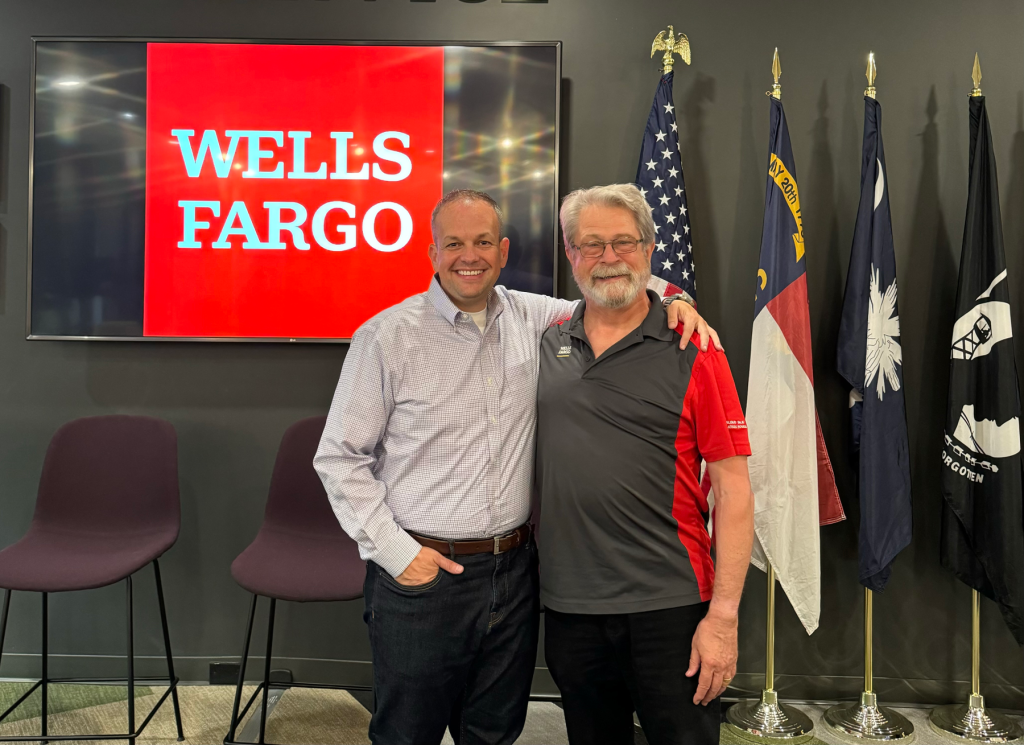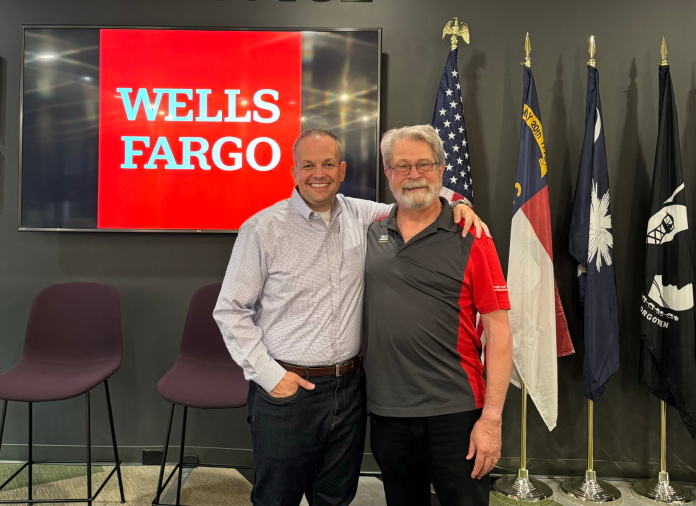(StatePoint) Honoring members of the military means not only reflecting on their exemplary service, but also appreciating the talents and skills of veterans in the civilian workplace.

Shining a light on how military skills transfer to corporate America is Brian Armstrong, a Marine Corps veteran who now serves as Wells Fargo’s head of military recruitment.
Having led the safe transport of equipment and security protection forces, on top of serving as a small unit leader overseeing the well-being of fellow Marines, Armstrong acquired skills that easily transfer to everyday business during his military career. And his experience is not unique to him, but shared amongst the hundreds of thousands who transition out of the military to civilian careers each year.
“In the military, you have to be able to think on your feet,” Armstrong said. “We [veterans] span the breadth of the United States, and we can leverage our unique, diverse perspectives to react and deliver under pressure. Add this to the soft skills we gain during service, and I think veterans are an extremely attractive demographic for employers.”
In fact, many companies in recent years are catching onto the value veterans bring to the workplace, with veteran employment rates trending upward over the past 10 years, according to Department of Labor Statistics. Nevertheless, veterans do face unique workplace challenges, particularly during the hiring process, from employer bias to dealing with the culture shift of post-military life.
Where military recruitment is concerned, Wells Fargo is a good example of a corporation aligning its actions with its words. For more than 170 years, the company has supported military service members and veterans. In addition to initiatives like home and car donations, grants, and supporting veteran-owned businesses, its dedicated Military Talent Sourcing Team is committed to helping veterans effectively navigate the transition to civilian life. The company’s Military Talent Liaisons are committed to recruiting, counseling, and advocating for military job seekers.
According to Armstrong, other companies can benefit from similar initiatives. The team’s programming includes military-specific hiring events, corporate fellowships, apprenticeships through the Department of Labor, and intensive training programs.
“It’s not just about supporting veterans, it’s also about how veterans can help a company. Their ability to thrive in differing environments and circumstances makes them agile and serious-minded in their endeavors,” Armstrong says. “Obviously we’re not in a military situation in our typical workplace, but I suspect many veterans, like I do, take their corporate roles seriously, the same way they’d get prepared for a mission.”
To learn more about Wells Fargo’s military recruitment initiatives, and its more than 170 years of supporting military veterans and their families, visit wellsfargojobs.com. To learn more about why veterans make great leaders, visit https://stories.wf.com/why-veterans-make-great-leaders.
Employers can reflect on how making their workplaces more inclusive to veterans can help both their community and their bottom line.





